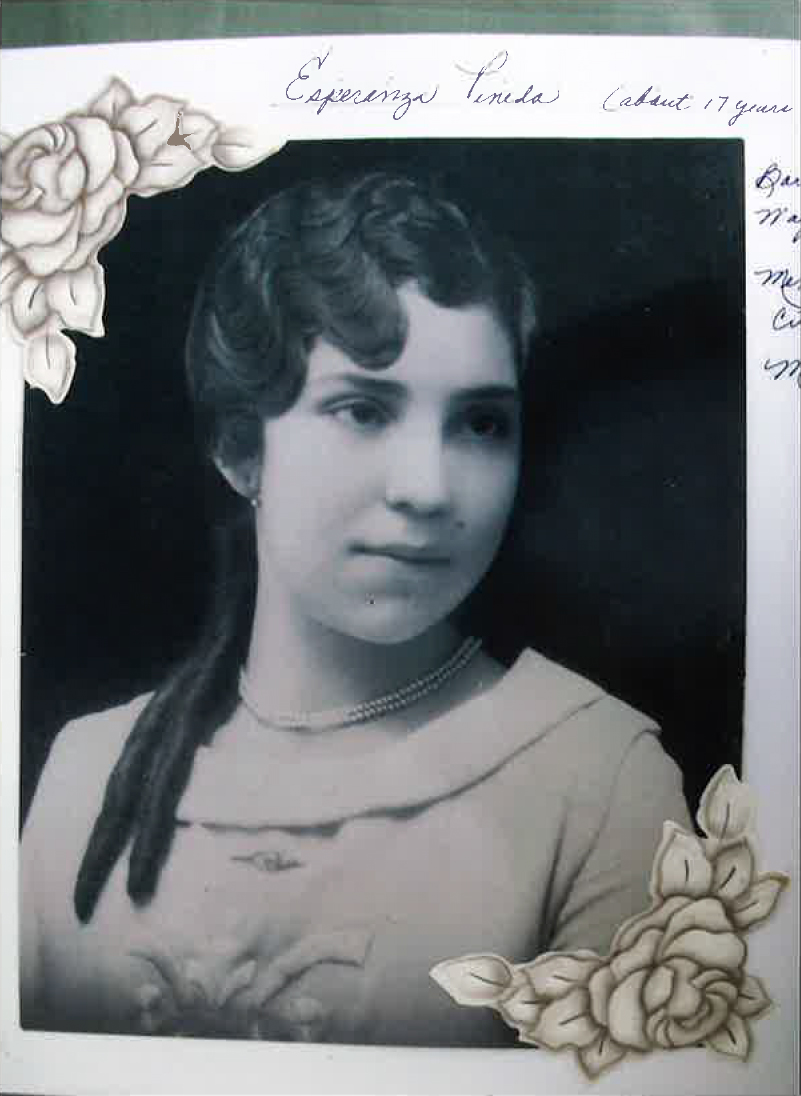Caring for Community Across Four Generations:
Esperanza Palos

Gloria’s parents were both born in Mexico. Spanish was their first language when they arrived in the United States in 1917.
Between the 1910s and 50s, West Oakland was home to a thriving Latino community, but urban renewal policies displaced many who began moving to East Oakland, especially to the Fruitvale district. The community began to organize itself around the lack of services. In this context, Gloria remembers how much people appreciated La Clínica when it began providing healthcare services in Spanish. This was a time when more immigrants began arriving in the Fruitvale area and Spanish-speaking service providers were few and far between.
“It was a great service to the community,” she said. “Immigrants wouldn’t go to the doctor because they didn’t speak English, and they didn’t feel confident going to a doctor who didn’t understand Spanish.”
By now, it is well documented that language and communication problems lead to patient dissatisfaction, poor comprehension and adherence, and lower quality of care. Spanish-speaking Latinos are less satisfied with the care they receive and more likely to report overall problems with health care than are English speakers.
It was 1978 when Gloria found herself driving her mom to La Clínica to be seen. Esperanza wasn’t feeling well. After some initial blood tests, the medical team kicked into immediate action. They called Gloria the same day and told her to take Esperanza to the hospital immediately.
At the hospital, they began exploratory surgery because they suspected cancer. They were right. Esperanza had terminal pancreatic cancer. They immediately operated on her. Their actions saved her life.
After the surgery, Gloria brought her mom back home to care for her. She remembers the care team at La Clínica was by her side the whole time.
“My mother was 76 when she passed away. That was my first real experience with La Clínica. I don’t know what I would’ve done without them.”
